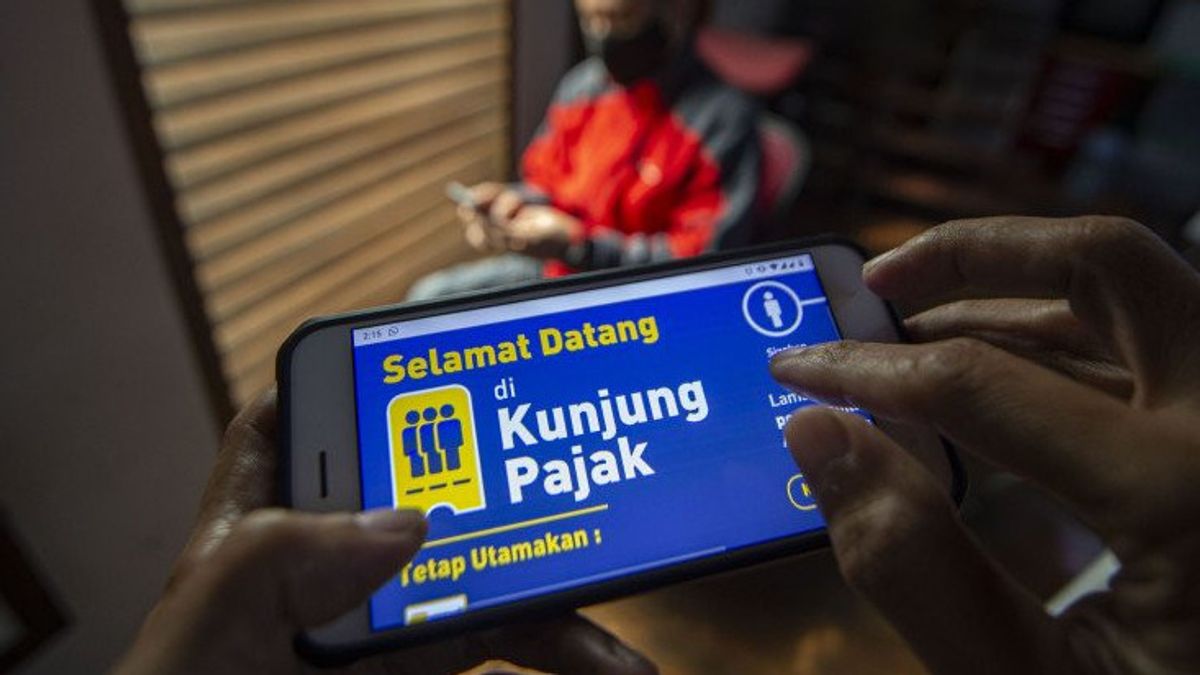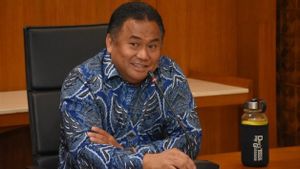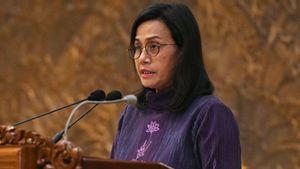JAKARTA - The government's plan to re-enact a tax amnesty will soon roll. Related to the discourse, Member of Commission XI of the House of Representatives (DPR) Andreas Eddy Susetyo expressed disapproval with the tax amnesty volume II.
According to him, this is not good for the future of the tax system in Indonesia and reneged on the tax amnesty commitment that was first carried out in 2016.
"Tax amnesty is only granted once in a generation. The implementation of tax amnesty volume II will undermine the authority of authority, which in turn can have a negative impact on the trusts of the taxpayer community. The sense of fairness of tax amnesty participants, compliant taxpayers, and audited taxpayers, will certainly be harmed," Andreas said in his written statement, Monday, May 24.
Psychologically, politicians of the PDI-Perjuangan Faction also assessed that if tax amnesty remains enforced it will have a bad impact because it creates a new understanding in society, namely 'it is better not to pay taxes because there will be tax amnesty again'.
Please note that the tax amnesty policy in 2016 is implemented as a form of openness and goodwill of the government. The goal is to reconcile by delaying law enforcement that should be utilized to the maximum by taxpayers.
At that time, the tax was applied at a very low rate, there was no repatriation obligation, the period of detention of assets in the country was only 3 years, until getting a tax amnesty in 2015 and earlier.
Moreover, the Directorate General of Taxation still provides the opportunity for taxpayers who have not complied to follow the Voluntary Asset Disclosure at the Final Rate, or PAS Final, as stipulated by Government Regulation No. 37 of 2017. Through the rule, taxpayers pay taxes owed and get administrative sanctions relief. This is what Andreas considered should be followed by the taxpayers as best as possible.
After the amnesty, the government and parliament have actually agreed on the disclosure of access to financial information for tax purposes through Law No. 9 of 2007. Andreas assessed so that law enforcement should be done more effectively and fairly because it is supported by accurate data and information so that taxpayers can be classified according to risk. The Directorate General of Taxation needs to optimize the follow-up of this tax data and information to encourage better tax compliance.
SEE ALSO:
"Tax amnesty is not the right answer to the tax shortfall. The government must continue to be supported to focus on tax reform by improving regulation, improving administration, improving services, and consistently supervising compliance. The need for a strong, credible, and accountable tax system that produces optimal and sustains acceptance is much more important and urgent than tax amnesty," said the Member of the Legislative Body of the House of Representatives.
Closing his statement, Andreas suggested that to facilitate compliant taxpayers and consider pandemic conditions, the government would be better off creating a Voluntary Disclosure Program by imposing normal tax rates and granting sanctions relief.
"Lower rates can be given to those who repatriate, and or can also invest in government bonds. This must be followed by good service, coaching, and consistent and measurable enforcement of the law," concluded the legislator of East Java Election Region V.
The English, Chinese, Japanese, Arabic, and French versions are automatically generated by the AI. So there may still be inaccuracies in translating, please always see Indonesian as our main language. (system supported by DigitalSiber.id)

















